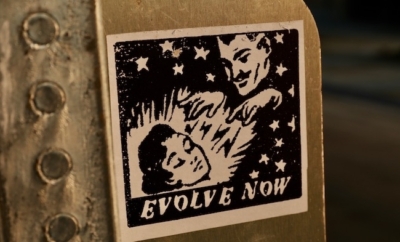
Psychoanalysis
Repression
Repression is a concept that comes out of the psychoanalytic tradition. It is where you bury those aspects of your life situation that you can’t or won’t see, desires that you find unacceptable, and relegate them to your unconscious. An essential aim of psychoanalysis is to help you uncover this repressed material, bringing it into your conscious awareness.
If you could make some aspect of your life completely disappear through repression it wouldn’t be much of a problem, but that’s not how the process works. Repressed material exerts a strong influence on your decisions, just without you being aware of it. Probably the most potent way that this occurs is that whatever we repress we tend to show in equal but opposite force to the world.
For example, if deep down you feel like a coward then you are likely to walk around with your chest puffed out, blustery and bragging about your exploits, even sometimes putting yourself in risky situations to prove your courage to yourself and others. But your courage is disingenuous, based off of an unconscious compensation, not off of a conscious decision to move forward in spite of a known risk.
Bringing repressed material into your conscious awareness ultimately puts you back in charge of your own life. Repression leaves you a king deposed, believing your thoughts and actions represent who you are when in reality they help you hide the truth of who you are.
The best way to spot repression in yourself and others is by noticing any strong reaction that doesn’t seem commensurate with the stimuli that occasions it, and then considering whether the opposite of this reaction represents the truth. We start with what we can see, and then question whether it is an equal and opposite compensation for the repression lying underneath.




